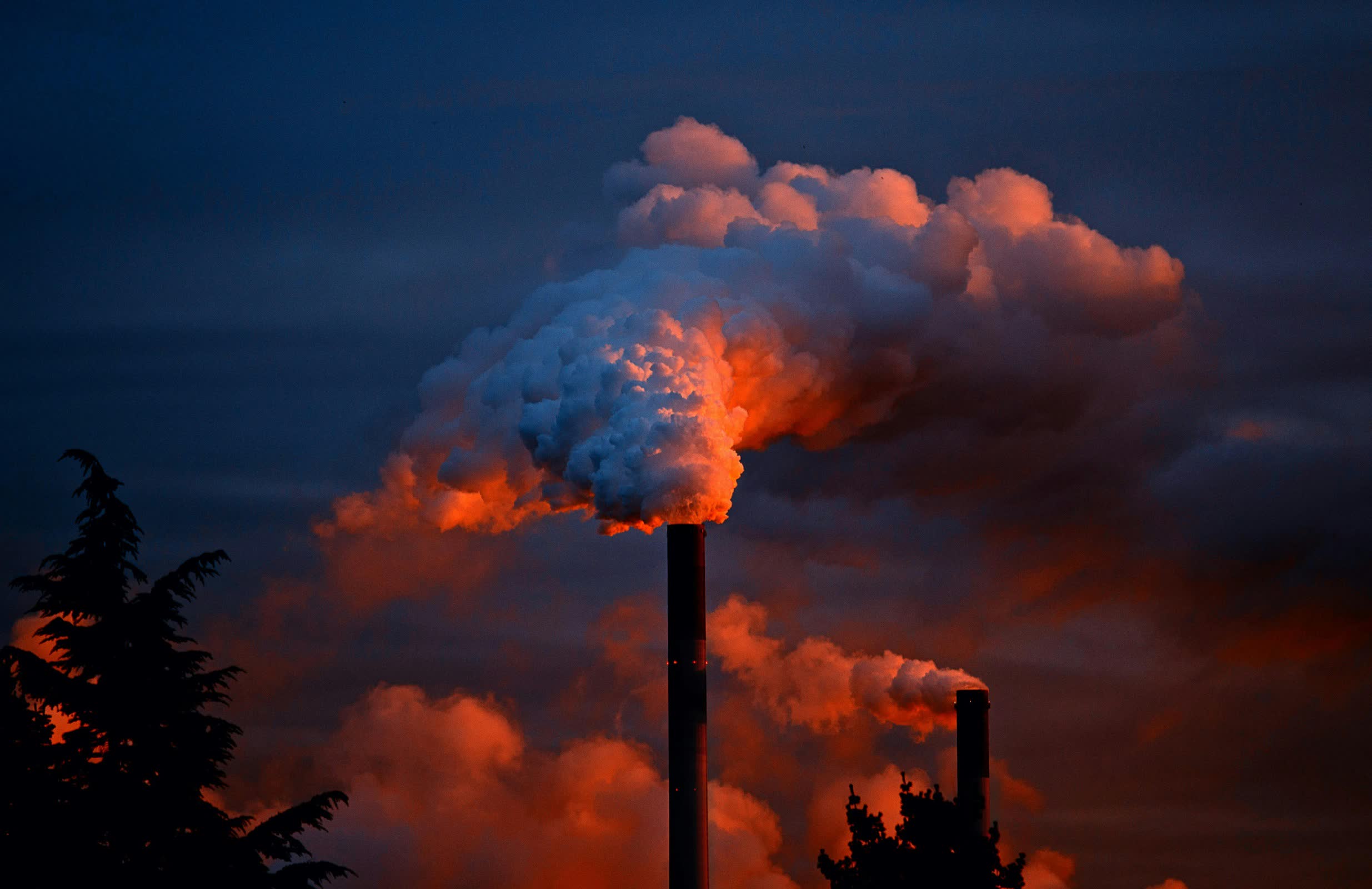The current problem with EV is that the car are charged by burning fossil fuel. So zilch reduction. Either you burn petrol/diesel using non-EV vehicles or you burn coal at the power plant by charging your vehicle.And the jury is still out on EVs..eg the environment cost of mining for battery components and its scalability. Additionally power generation itself is one of the major contributing causes of increase in emissions
The only method that will help is by using electricity generated by solar / nuclear energy. However remember that using nuclear energy comes at a tremendous cost of storing lethal spent nuclear fuel.










